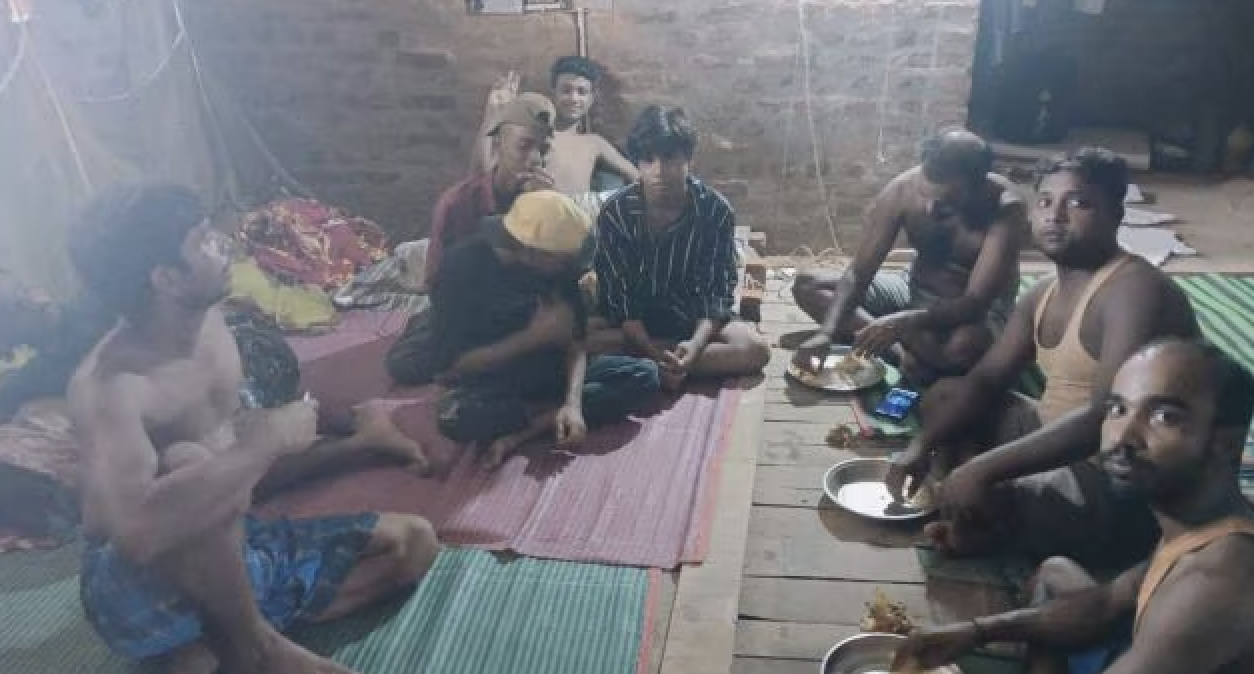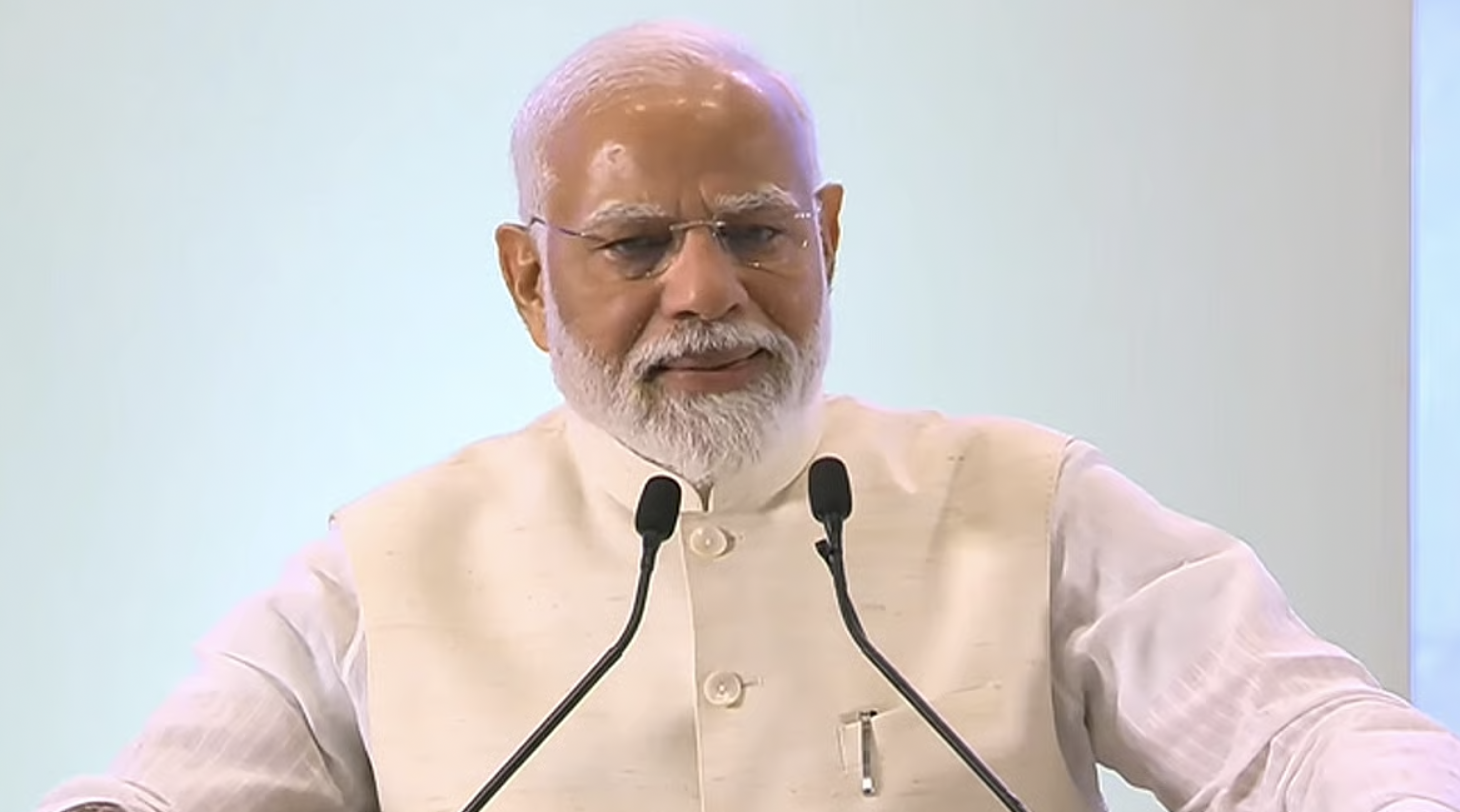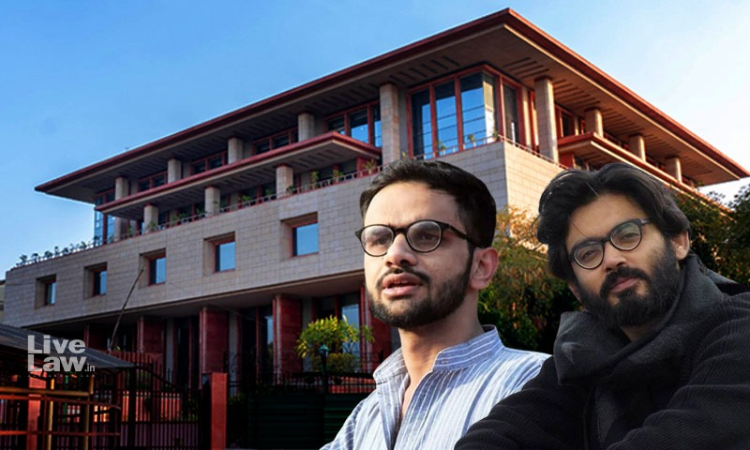By Mihir Dalal
To understand Narendra Modi’s India, it is instructive to grasp the ideas of the Hindu Right’s greatest ideologue, the world of British colonial India in which they emerged, and the historical feebleness of the present regime.
Vinayak Damodar Savarkar was a polymath who read law in London, enjoyed Shakespeare, admired the Bible, wrote important historical works, and became an accomplished poet and playwright. His lifelong obsession was politics.
Savarkar took up political activity in his teens and became a cherished anti-British revolutionary. While serving a long prison sentence for inciting violence against the British, he transformed into a Hindu supremacist bent on dominating Indian Muslims. His pamphlet Essentials of Hindutva (1923), written secretively in jail, remains the most influential work of Hindu nationalism. In this and subsequent works, he called for Hindus, hopelessly divided by caste, to come together as one homogeneous community and reclaim their ancient homeland from those he considered outsiders, primarily the Muslims. Savarkar advocated violence against Muslims as the principal means to bind antagonistic lower and upper castes, writing:
Nothing makes Self conscious of itself so much as a conflict with non-self. Nothing can weld peoples into a nation and nations into a state as the pressure of a common foe. Hatred separates as well as unites.
Savarkar has proven prescient if not prescriptive. Over the past four decades, the Hindu Right’s violence against Muslims has indeed helped Modi’s Bharatiya Janata Party (BJP) to cement a degree of Hindu political unity long considered unattainable.
This story was originally published in aeon.co. Read the full story here.






